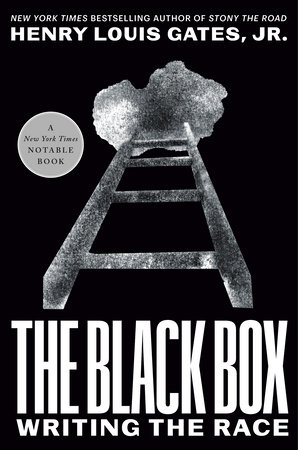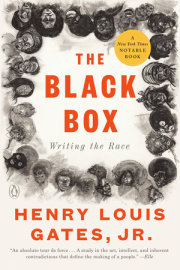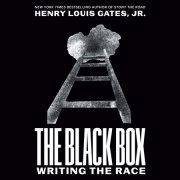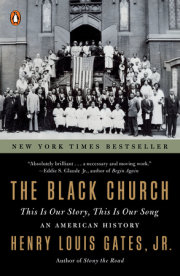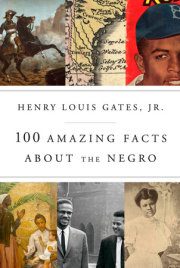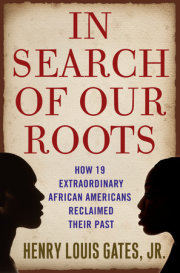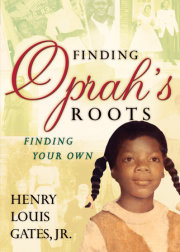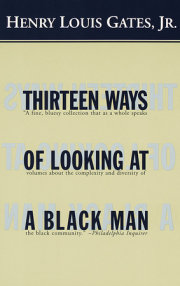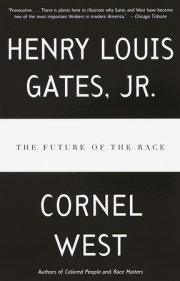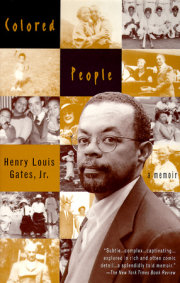Preface
All my life I had been looking for something, and everywhere I turned someone tried to tell me what it was. I accepted their answers too, though they were often in contradiction and even self-contradictory. I was naïve. I was looking for myself and asking everyone except myself questions which I, and only I, could answer. It took me a long time and much pain- ful boomeranging of my expectations to achieve a realization everyone else appears to have been born with: That I am nobody but myself.
Ralph Ellison, Invisible Man My granddaughter, Ellie, was born by C‑section on a Saturday afternoon in November of 2014, after her mother, my older daughter, Maggie, stoically suffered through induced labor for about twenty‑four hours. That evening, my son‑in‑law, Aaron Hatley, came over for a warm hug and a celebratory shot of bourbon from my oldest bottle of Pappy Van Winkle’s Family Reserve. I listened to Aaron’s play‑by‑play of the previous day’s events, and after a decent pause, I asked the question that I had wanted to ask all along:
“Did you check the box?” I asked, apropos of nothing we had just discussed.
Without missing a beat, my good son‑in‑law responded, “Yes, sir. I did.”
“Very good,” I responded, as I poured a second shot of Pappy Van Winkle.
Aaron, a young white man, had checked the “Black” box on the form that Americans are required to complete at the time of the birth of a child. Now, my daughter’s father’s admixture—in other words, mine—is 50 percent sub‑Saharan African and 50 percent European, according to the tests offered by commercial DNA companies that I have taken over the last decade and a half. My son‑in‑law is 100 percent European. Because my daughter is 75 percent European, her daughter, Ellie, will test about 87.5 percent European when she spits in the test tube. “Legally,” at least once upon a time—and if not “legally” any longer, then by convention, practice, and/or volition— Eleanor Margaret Gates‑Hatley, who looks like an adorable little white girl, will live her life as a “Black” person, because her father and mother checked the “Black” box. (I imagine that our conservative Supreme Court, which has already weighed in on the use of such boxes in higher education admissions, will continue to have its eye on them.) And because of that arbitrary practice, a brilliant, beautiful little white‑presenting female will be destined, throughout her life, to face the challenge of “proving” that she is “Black,” simply because her self‑styled “race man” grandfather ardently—and perhaps foolishly—wished for her racial self to be socially constructed that way.
Such is the absurdity of the history of race and racial designations in the United States of America, stemming from “the law of hypodescent,” the proverbial “one‑drop rule.” Perhaps Eleanor will choose to dance the dance of racial indeterminacy, moving effortlessly back and forth across the color line. Or maybe she will claim a social identity that reflects the percentage of her ancestors over the last five hundred years who were of European descent. Or maybe she will keep a photograph of her grandfather in her pocketbook, and delight in refuting—or affirming, as the case may be—the sheer, laughable, tragic arbitrariness of the social construction of race in America. The most important thing is that this be her choice.
By now, most of us are all too familiar with requests to check this kind of box. We also know all too well what the search for the “black box”— the flight recorder—sadly signifies in the event of a crash. That device preserves a record of the truth amid disastrous circumstances: it is what survives. For me, the black box is also a powerful metaphor for the circumscribed universe of being within which people of African descent were forced to attempt to construct a new identity after emerging on this side of the Atlantic after the horrors of the Middle Passage,transported here on an inhumanely cramped slaveship—another circumscribed enclosure, another black box of sorts—to provide the labor to create an economic order that would fundamentally reshape the economies of Europe and the emerging United States. But it also is a resonant metaphor for the social and cultural world that they created within this circumscribed space—the people the abolitionist Martin R. Delany named “a nation within a nation,” and whom the great scholar W. E. B. Du Boiscalled “a small nation of people.”1
For me, this figurative black box is a concept that is quite useful for understanding the history of African Americans in this country, similar in resonance to the haunting metaphor “the Veil” coined by Du Bois in his classic 1903 work
The Souls of Black Folk. The black box has a long and curious history both inside and outside of Black letters. And like all metaphors, its significations have multiplied through its long life.
It was the Yale legal scholar Stephen L. Carter who defined it in the manner most closely related to that box that my son‑in‑law checked, which will define so very many of Ellie’s choices, from small, seemingly insignificant things to the manner in which her application to college is treated to how her physician will think of her risks for certain medical conditions. Carter defined his own box in this way: To be black and an intellectual in America is to live in a box. So, I live in a box, not of my own making, and on the box is a label, not of my own choosing. Most of those who have not met me,and many of those who have, see the box and read the label and imagine they have seen me. The box is formed by the assumptions others make when they learn that I am black, and a label is available for every occasion.2
Copyright © 2024 by Henry Louis Gates, Jr.. All rights reserved. No part of this excerpt may be reproduced or reprinted without permission in writing from the publisher.

